Virginia’s Medicaid agency will no longer award quality-based bonus payments to the state’s worst-performing nursing homes. The decision follows CBS 6 reporting that revealed the state had been rewarding facilities with long histories of serious health and safety violations.
Andrew Mitchell of the Department of Medical Assistance Services (DMAS) outlined the changes during a presentation to the Virginia Nursing Home Oversight and Accountability Advisory Board earlier this month.
DMAS has operated the Value Based Purchasing Program since 2021, allowing nursing facilities to earn extra Medicaid funding in addition to their base reimbursements. The bonus amount depends on a facility’s performance scores and whether it improved from the previous year, with the goal of encouraging high-quality care.
Current performance metrics include staffing levels and preventing negative resident outcomes such as bed sores and urinary tract infections. Critics argue the methodology is flawed because it does not incorporate inspection reports from the Virginia Department of Health (VDH), which licenses facilities, inspects them, and investigates complaints.
Some of the metrics used by DMAS, including UTIs and bed sores, are also self-reported by nursing homes. At a recent meeting, board member Jim Sherlock questioned whether that created a “reverse incentive” for facilities to under-report problems.
Mitchell responded, explaining that the Centers for Medicare and Medicaid Services recognizes the issue and is working to validate or cross-check self-reported data with claims information as a safeguard.
CBS 6 found in September that DMAS awarded $5.2 million in fiscal year 2025 to six nursing homes designated under the federal Special Focus Facility program—considered the six lowest-performing facilities in Virginia. For comparison, six top-rated facilities received $5.9 million.
Special Focus Facilities are chosen based on inspection records and typically struggle to correct longstanding systemic issues that repeatedly result in serious deficiencies and risks to residents. One facility is officially designated, while five others are identified as candidates and placed on a watch list.
Families, experts, and lawmakers expressed concern that bonus taxpayer funding meant to reward quality was instead going to facilities flagged for major compliance problems.
Mitchell confirmed that Special Focus Facilities will not receive bonus payments in the future. “Those six facilities will not be eligible for payments starting in July of next year,” he said.
DMAS officials told CBS 6 they want to incentivize the right performance outcomes and determined it would be inappropriate to continue paying bonuses to facilities with serious ongoing issues. Although the station’s reporting increased public attention, officials said internal discussions on the changes were already underway.
CBS 6 also reached out to the Virginia Health Care Association (VHCA), which represents nursing homes. Spokesperson Amy Hewett did not comment directly on the exclusion but said the group helped design the program and has supported its evolution. Hewett also noted that Virginia nursing homes exceeded the national average on five of the first six performance metrics.
DMAS plans to update performance measures in the coming years. For example, it will replace a staffing metric with a staff turnover metric and will substitute the UTI prevention metric with one measuring the avoidance of major injury falls.
Longer-term updates may include aligning the program with VDH inspection and complaint data, although that change may not occur until fiscal year 2028.


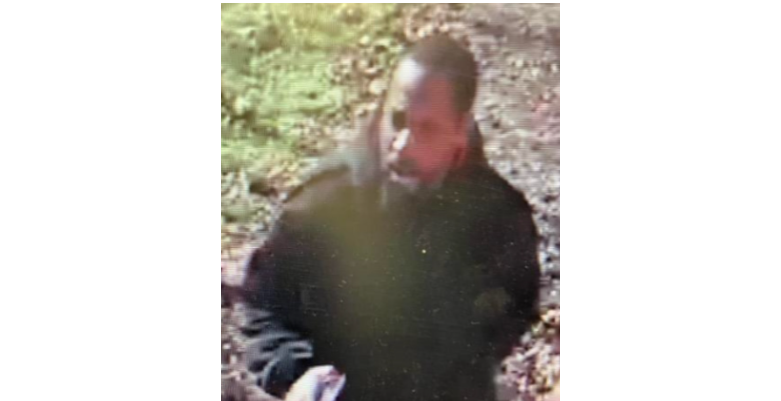
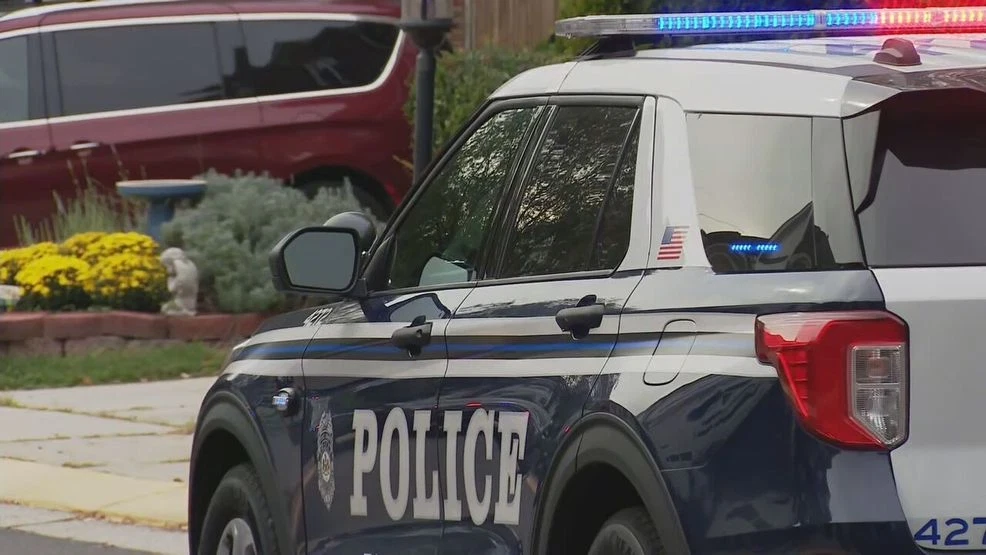

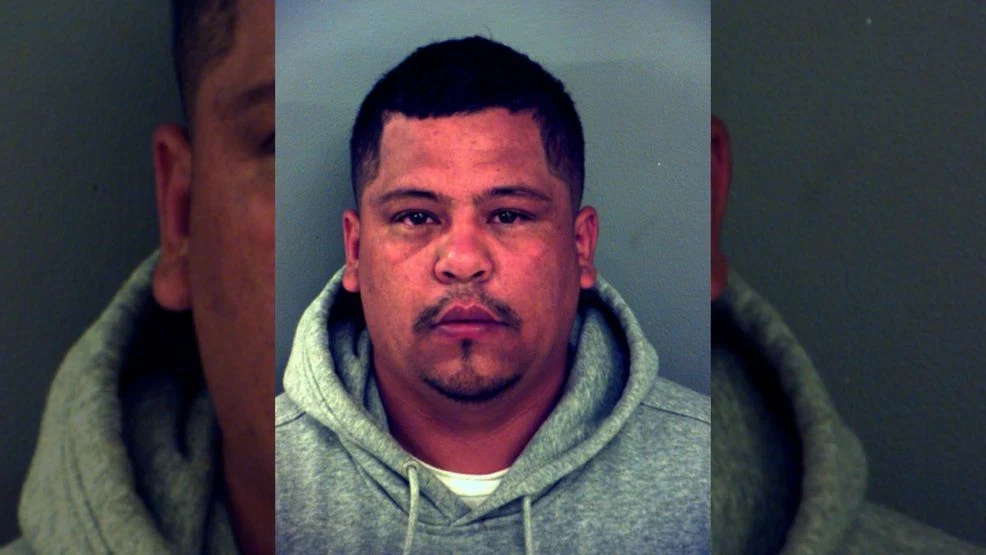
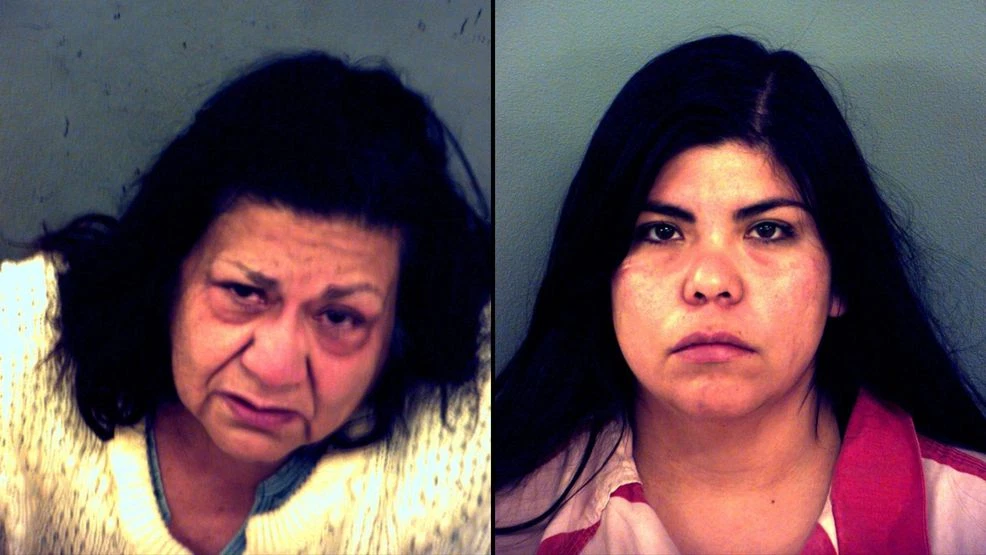
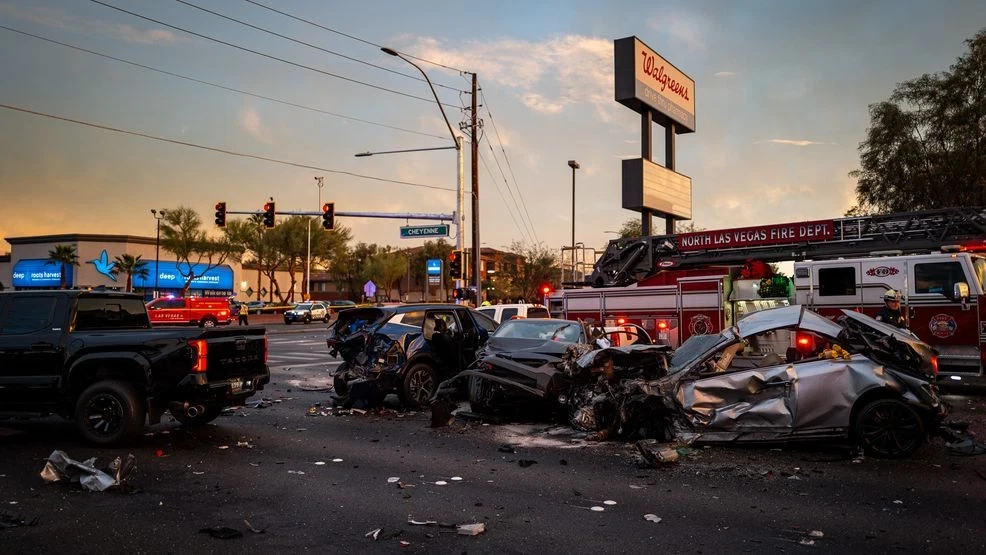

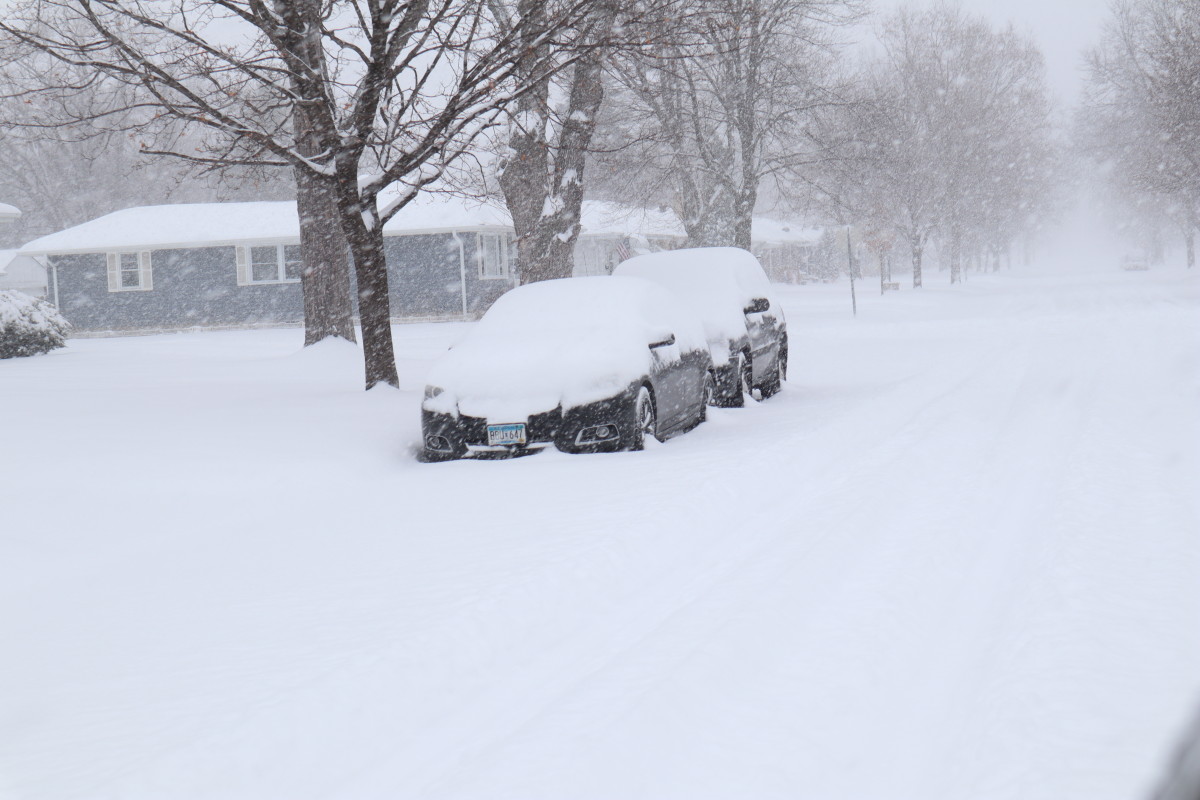
Leave a Reply